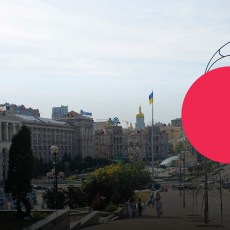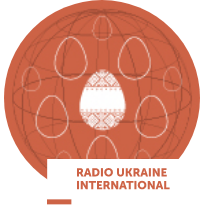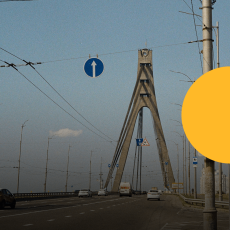"Currently, all the sanctions imposed against 17 former senior officials are in effect. They have not been canceled," he said at a briefing in Kyiv on Thursday. Horbatiuk recalled that the sanctions were extended until March 2016. This decision has not been overturned. The representative of the Prosecutor General's Office also said that Ukraine's Deputy Prosecutor General Vitaliy Kasko will go to Europe to convey the position of the Prosecutor General's Office concerning the continuation of the sanctions. Horbatiuk said that European institutions in March 2014 decided to apply economic sanctions against former senior Ukrainian officials. These sanctions were imposed for the period of one year until March 2015, and in March 2015 it was decided that the sanctions are in effect until March 2016. "The decision of the European court concerns the decisions of the European institutions for the period March-April 2014 regarding the sanctions that were in effect during one year. The decision regarding the sanctions from March 2015 to March 2016 was not considered and revoked, as at present it is in effect," he said. Horbatiuk presented the translation of a press release of the European court regarding the decision on the cases of former Ukrainian Prime Minister Mykola Azarov Azarov's son Oleksiy, ex-NBU governor Serhiy Arbuzov, former Energy Minister Eduard Stavytsky, and brother of the former head of presidential administration, businessman Serhiy Kliuyev. "The General Court upholds the actions brought by the five Ukrainians and annuls the freezing of assets imposed on them for the period from March 6, 2014 to March 5, 2015," he said, citing the press release. Thus, he said that in this case the European court made the decision only on the formation of the principles of applying sanctions. The message of the European court is that a person cannot be treated as being responsible for misappropriation of funds solely on the ground that he is the subject of a preliminary investigation in a third country, he said. In March 2015, the decision to extend sanctions was made on the basis of materials from the Prosecutor General's Office presented to the European Commission. They contain information on investigation into criminal cases with notice of suspicion, putting the persons on the wanted list and the sum of the damage. "During this year around 70 letters with information concerning the investigations were sent. All the required information was provided to European institutions to decide on the issue of the prolongation of the sanctions," he said.
Останні новини
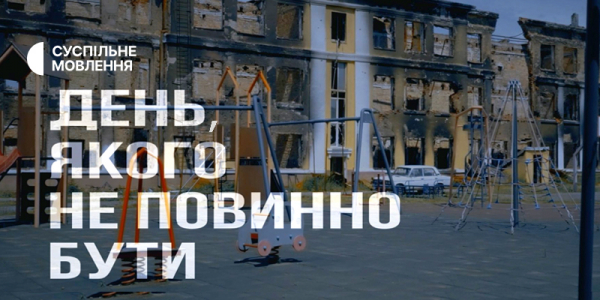
"День, якого не повинно бути" — поезія темних часів на Радіо Промінь

"Без Обмежень" новою піснею закликають берегти військових
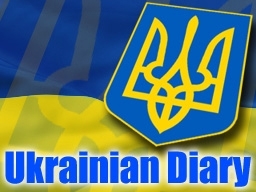
Ukrainian Diary – digest of the most important news over the past week
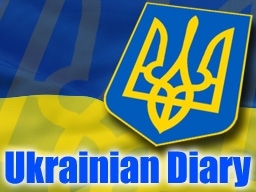
Ukrainian Diary – digest of the most important news over the past week (audio)
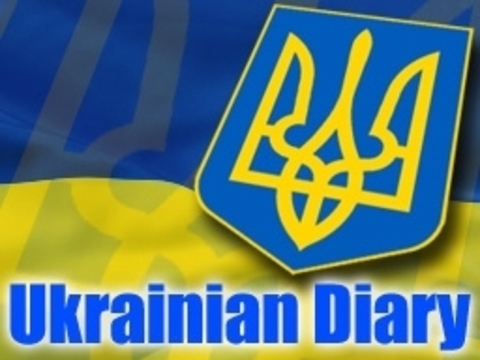
Ukrainian Diary – digest of the most important news over the past week
Related News
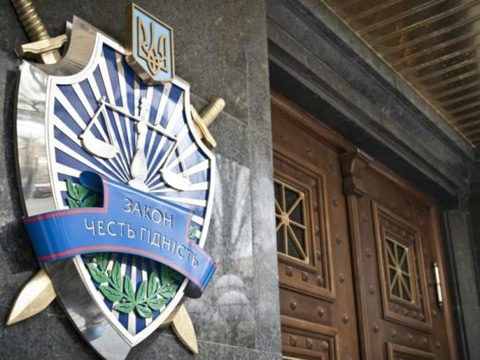
Court ruling on confiscation involving Yanukovych classified
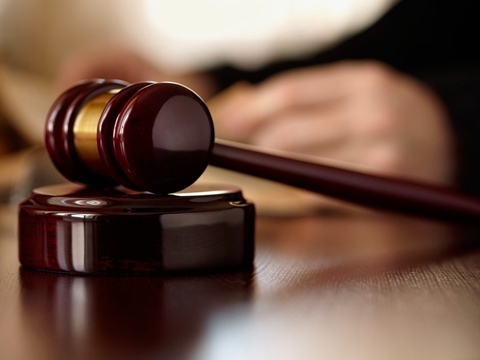
Hearing of Yanukovych treason case to continue on Jan 17
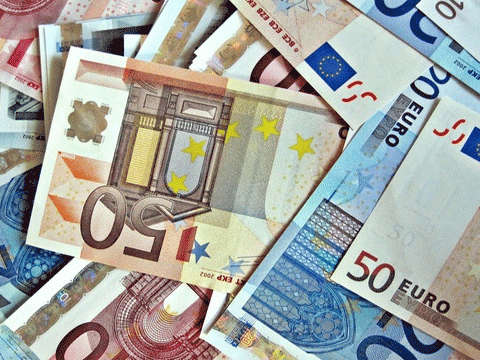
EU to provide irretrievable donor assistance worth EUR 50 million to finance Energy Efficiency Fund
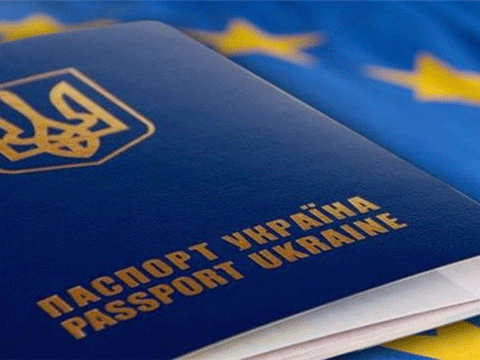
Visa free regime with European Union used by around 380 thousand Ukrainians
Germany offers EU alternative model of relations with Kyiv
